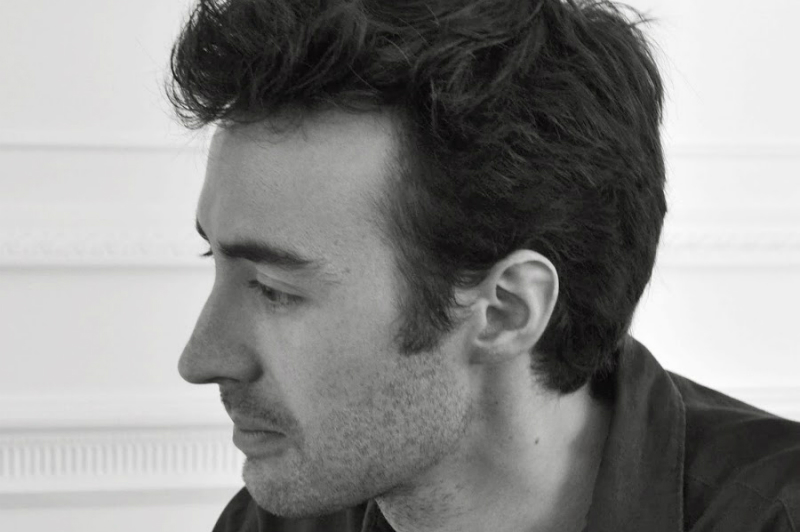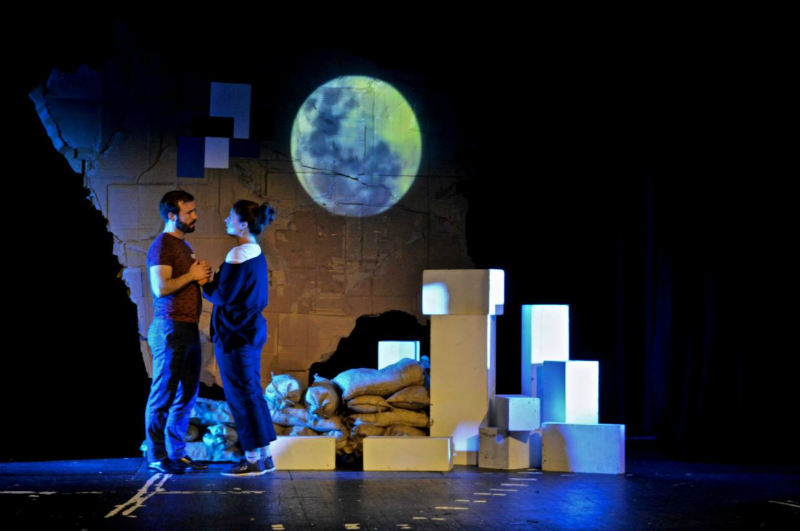A newbie’s view of Rye
In the fourteenth of our series of articles describing how one couple finds their new life in Rye, they continue to do their culture-vulture thang at the 2017 Rye Arts Festival.
‘Make them cry’.
OK, I think we need a bit of an overture before we get to the main performance.
Growing up, we’re generally obliged to enjoy/endure our parents’ choice of food/holidays/TV/music. Regarding the last of those, my folks had a somewhat eclectic taste.

This meant I was variously exposed to mainstream ‘60s pop (The Rolling Stones, The Beatles, The Beach Boys, Bob Dylan, The Mamas and the Papas, etc); some soul; a little trad jazz; folk in various forms (eg Simon & Garfunkel); musical comedy (Jake Thackery); Northern brass bands; post-war big bands (Glen Miller), and classical music (Bach, Holst and so on).
Of course, there were many gaps in my musical education, one being opera.
But in my mid-teens, I filled another gap with a passion, heavy metal. My growing collection of vinyl albums was dominated by the likes of Black Sabbath, Led Zeppelin, AC/DC, Deep Purple, Rainbow, UFO, Rush, to name but a few. For – ahem – light relief, my teenage taste stretched as far as prog rock and delta blues.
Then in my twenties, someone – I can’t recall who or how – turned me on to opera, in particular, the form of opera sometimes known as bel canto. I was hooked by the Italian masters including Verdi, Donizetti, Rossini, Mascagni, and my first and enduring love in this genre, Puccini.
La Boheme
Living in London, I had the double joy of the English National Opera at the Coliseum and the Royal Opera at Covent Garden. And to complete the evening, performances might be discussed over French 75s at the American Bar in the splendid Savoy hotel on the Strand.
And then we moved here. While there are many fine musicians to hear playing at public houses in and around Rye, we have been somewhat starved on the opera front.
So we were happy to see that this year’s Arts Festival programme included performances of “La Boheme” by Giacomo Puccini, created by London’s Euphonia Studio, at the Milligan Theatre.
Now, if you’re an opera virgin yourself, you might be wondering how you would follow a performance sung in a language that you don’t know.
On three counts, you needn’t worry. First, there were surtitles, displayed above the Milligan Theatre stage, translating the libretto.
Second, you have to appreciate that some operas don’t have the sometimes complex structure of a conventional play or novel. “La Boheme” is described as an opera in four tableaux. You could substitute tableaux for acts or vignettes, or simply: scenes. The opera is a series of montages combining to form a simple narrative.
Third, and crucially, many operas don’t have much plot to speak of. “La Boheme” is a case in point. A bunch of young, starving Bohemians in Paris fall in and out of love; one has a cough, and dies. That’s pretty much it.
Opera is not hard to follow, in any language!
Knowing the Milligan Theatre from previous Festival events, I was wondering how the producers were going to accommodate an orchestra and conductor. They didn’t. A grand piano was deemed sufficient, played by Jonathan Musgrave. Initially surprised and dubious, I was soon converted to the simplicity of this approach. It gave even more prominence to Euphonia’s vocal talents, in particular, the soprano Rannveig Karadottir, from Iceland, who took on the lead role of the doomed Mimi.
All six young singers brought the passion and heartbreak of the story to life for us. When Puccini was asked what he aimed to achieve with his music, he replied that he wanted his audiences in tears. And there were a few moist eyes in the Milligan that evening.
Euphonia’s Director/Designer Alisdair Kitchen set the work in occupied Paris, Christmas Eve, 1943. I thought this worked rather well. The more usual backdrop of a scruffy nineteenth-century garret, which can be a bit dull, was replaced by some striking graphics and props, inspired by the collage-like nature of the opera.
Euphonia Studio have brought their productions to Rye before, I’m told. We’ll certainly be looking out for them in 2018. [Editor’s note: For a more formal review see Alexander Stiller’s “An operatic triumph”]
Why Rye?
Turning to another, earlier event in the Festival, “Shakespeare in Rye” on July 17, putting the William in Rye question to one side for a moment, why was his company here? [Editor’s note: And did Shakespeare even write “Shakespeare ? ]
1597 was an interesting year in the often turbulent world of Elizabethan theatre. The nexus of city, court and theatre was always complicated and sometimes dangerous – for the writers and players.
That year, a satirical comedy called ‘The Isle of Dogs’, written by Thomas Nashe and Ben Johnson, was performed (probably by Pembroke’s Men) at the Swan Theatre, Bankside. Unfortunately, no copy of the play exists, so we can only speculate as to its contents, and its targets: Henry Brooke, 11th Baron Cobham; the queen herself?

We do know that the play was reported to the Privy Council, leading to a raid on Nashe’s home and the arrest of three actors – in Ben Johnson’s case, not for the first time!
Perhaps it was this incident that persuaded the Lord Chamberlain’s Men to look for alternative employment away from the repressive atmosphere of London. Records from Dover and Bristol suggest that Rye wasn’t the only coastal town visited by the troupe that summer.
Falstaff
An alternative motive may be that Shakespeare may have got into trouble on his own account. The character of Falstaff was as popular then as now, but note that he was originally called Oldcastle. Was Shakespare using his creation to satirise Henry Brooke, 11th Baron Cobham, whose ancestor shared the name Oldcastle?
And, guess what? In 1597, Lord Cobham succeeded his father as Lord Warden of the Cinque Ports. It’s all very intriguing.
More questions
The Shakespeare in Rye event played to a packed room, and when it came to questions, some of the attendees were clearly very well-informed. One asked: Were the religious disputes of the time a factor in the story of 1597?
Whatever we eventually know of the Lord Chamberlain Men’s visit to Rye, with or without Shakespeare, the talk was a reminder of those unsettled times, nearing the end of Elizabeth’s reign. Lord Cobham, for example, ended up in the Tower of London for plotting against James I in 1603.
Photos: Library images



